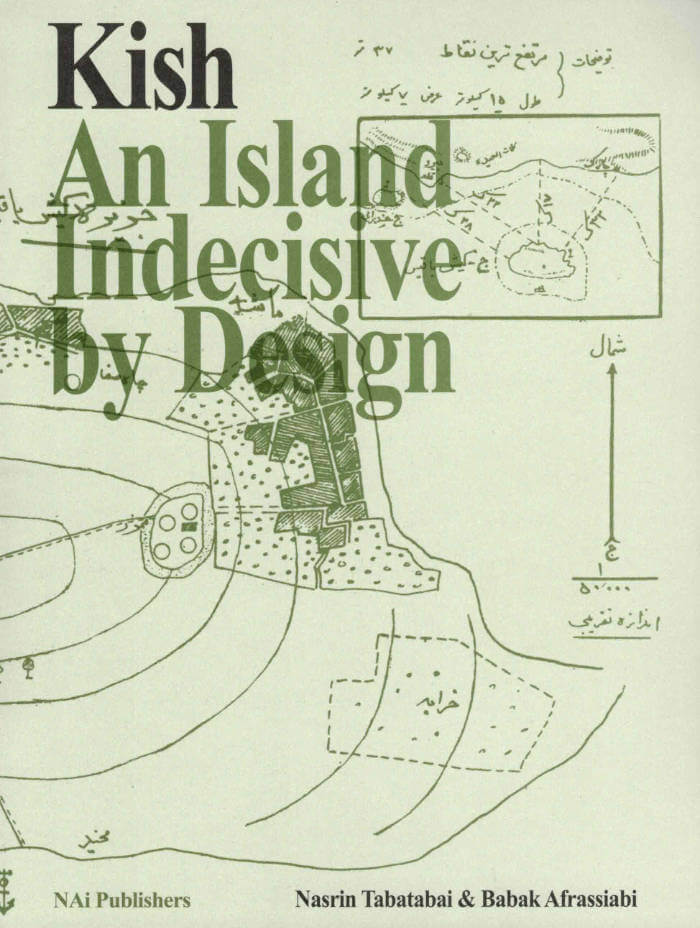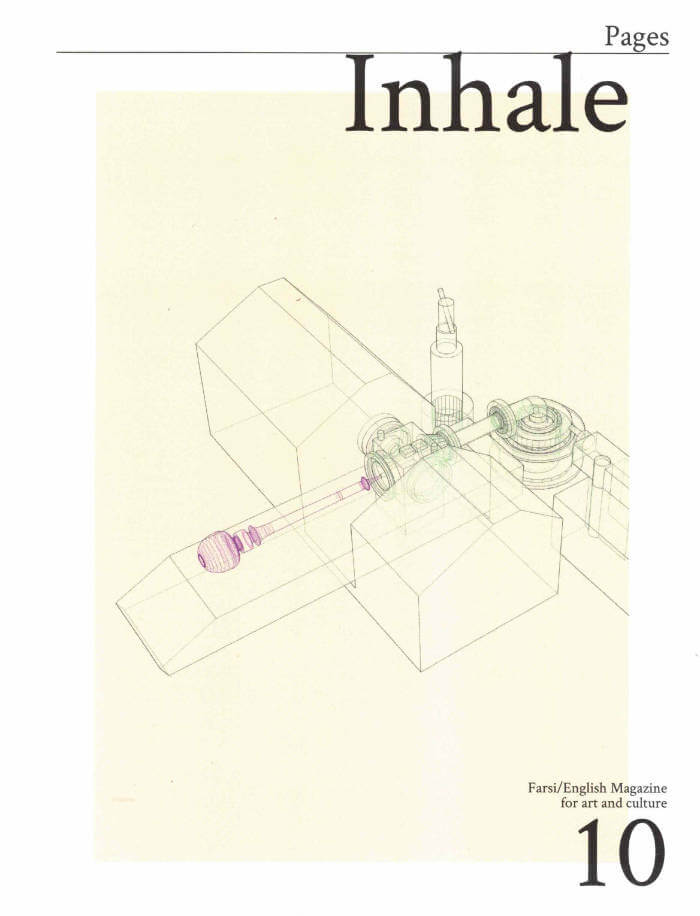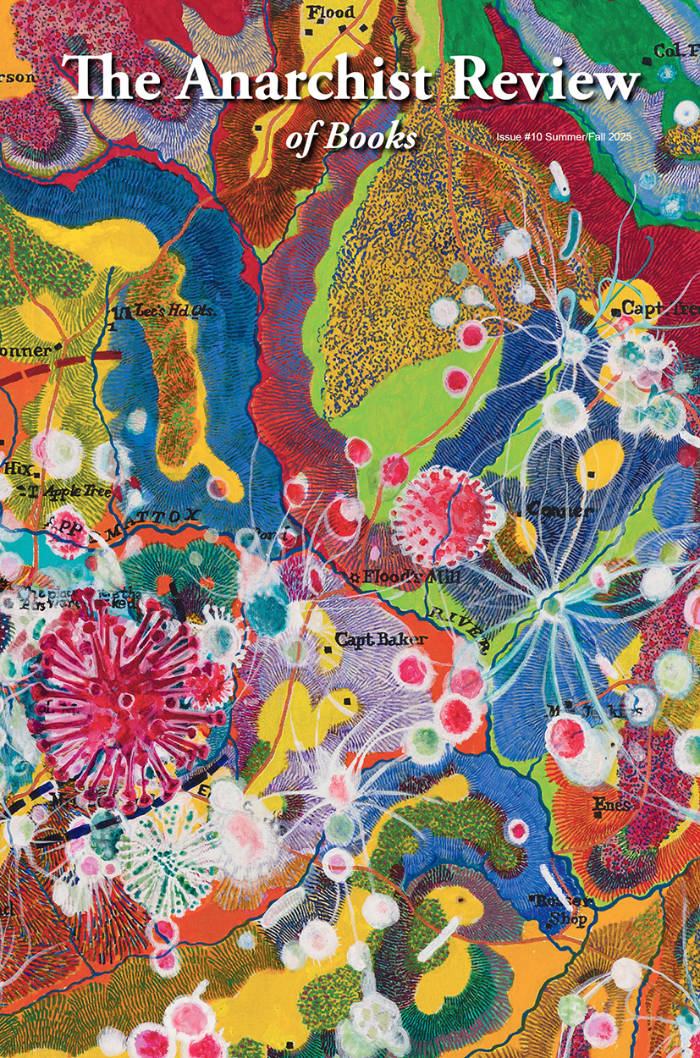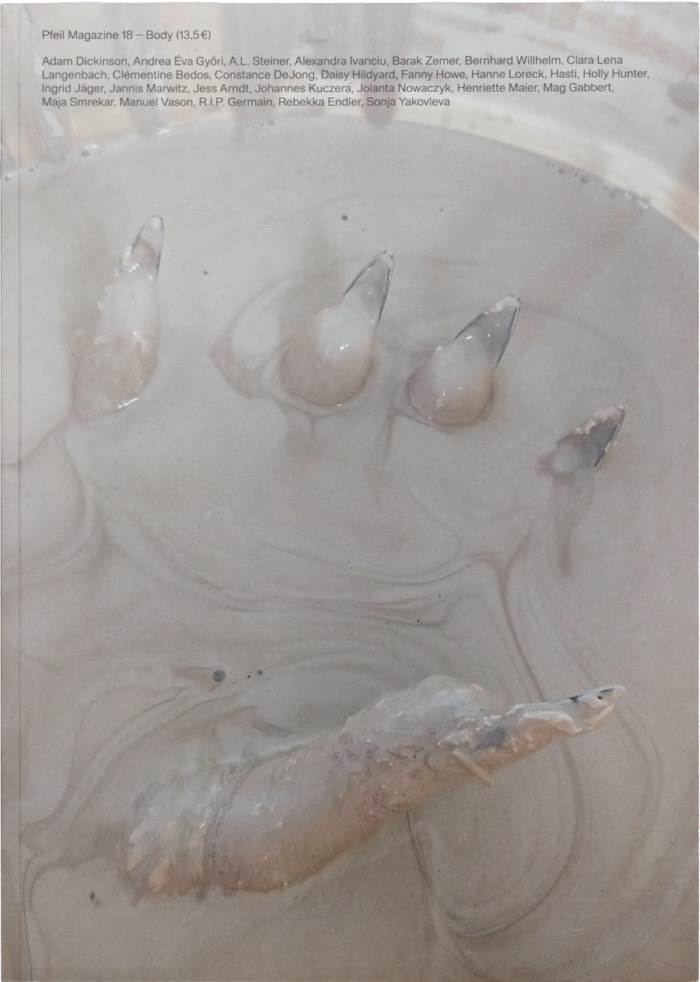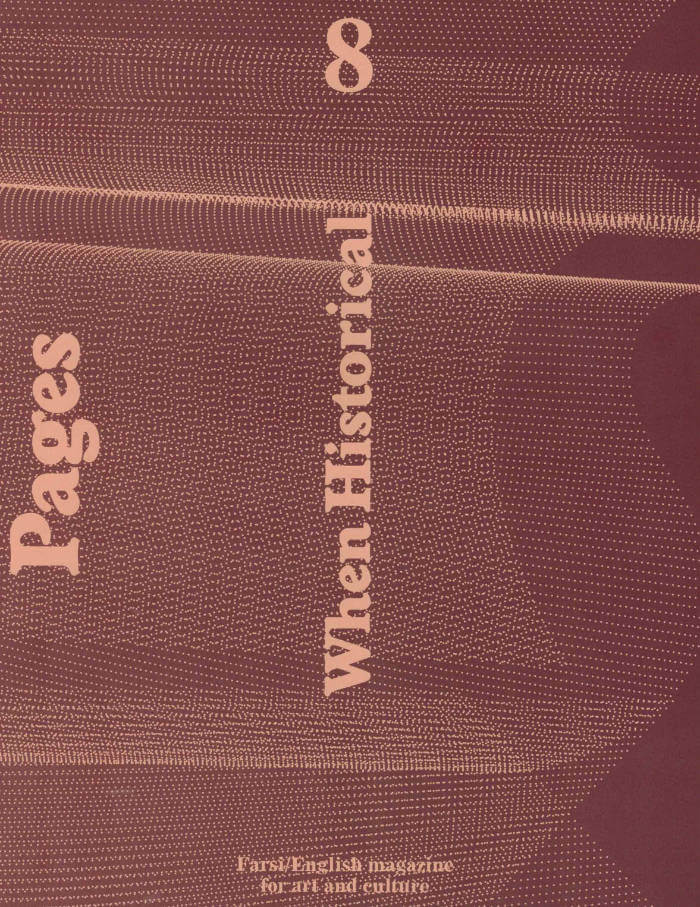
Pages 8 - When Historical
Nasrin Tabatabai ed., Babak Afrassiabi ed.
What determines our place in history? If it is the past, there we also find the material support with which we reconstitute our historical place. Our relation to history remains retrospective, but also anticipatory.
Events begin with a break from history. But they soon are recaptured by it and fetishized as historical triumphs or failures. Still something remains of past events that, although conditioned by history, is irreducible to it: a surplus that finds way to our time, something out of time that forces us to actively anticipate a renewing in past events.
With contributions by:
- Dariush Moaven Doust / Machinic Life
- Alireza Rasoulinejad & Saleh Najafi / Minor/Major [conversation]
- Norman Klein / Imaginary Future and the Archive [interview]
- Gerald Raunig & Roberto Nigro / Molecular Revolution and Event
- Saleh Najafi / Hope Against Hope
- Sven Augustijnen / Coincidences of History: Reflections on E'mile Meurice's 'Sketch for a psychologial study of Leopold II'
- Jalil Ziapour, Houshang Irani, Gholam Hossein Gharib / Excerpt from Khoroos Jangi magazine, 1949-50
- Performance in Iran [conversation] with Neda Razavipour, Jinoos Taghizadeh, Shahab Fotouhi, Bavand Behpour, Amir Mobed and Mahmoud Bakhshi

